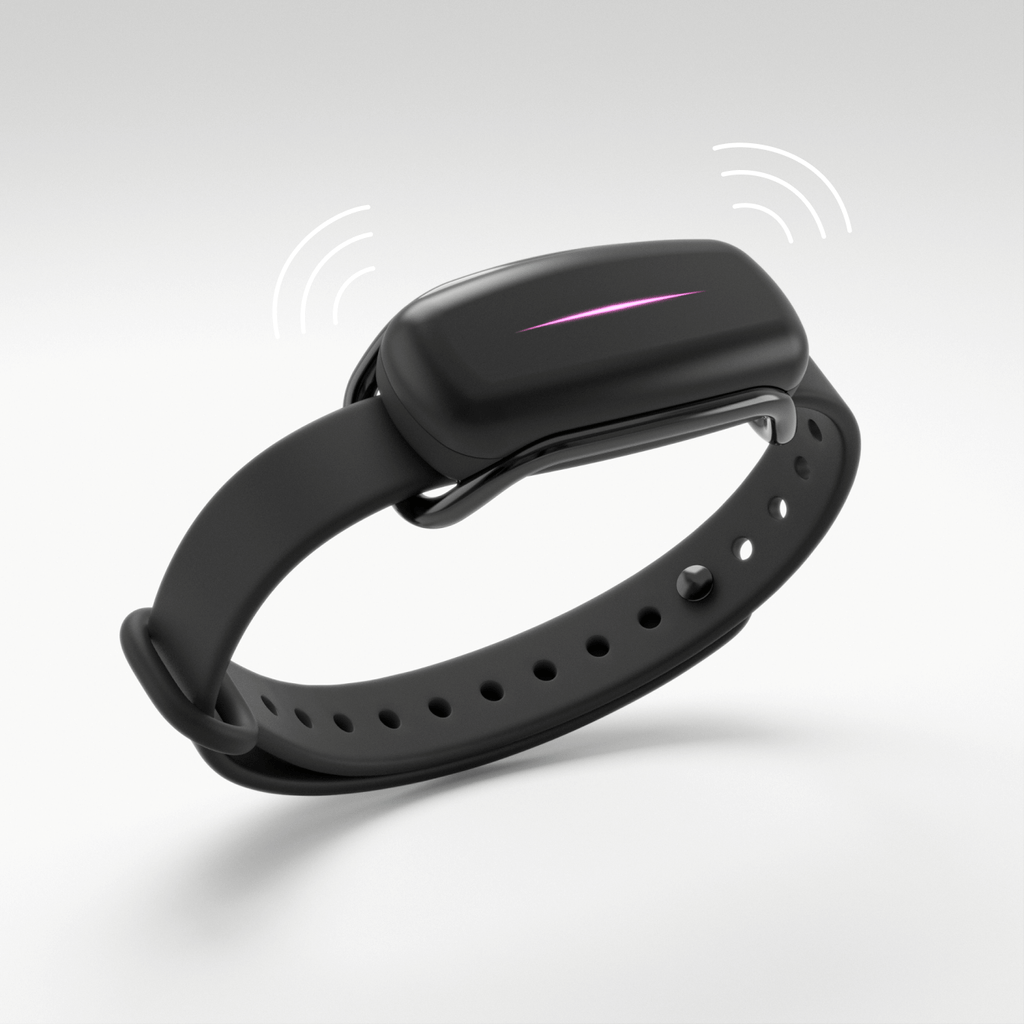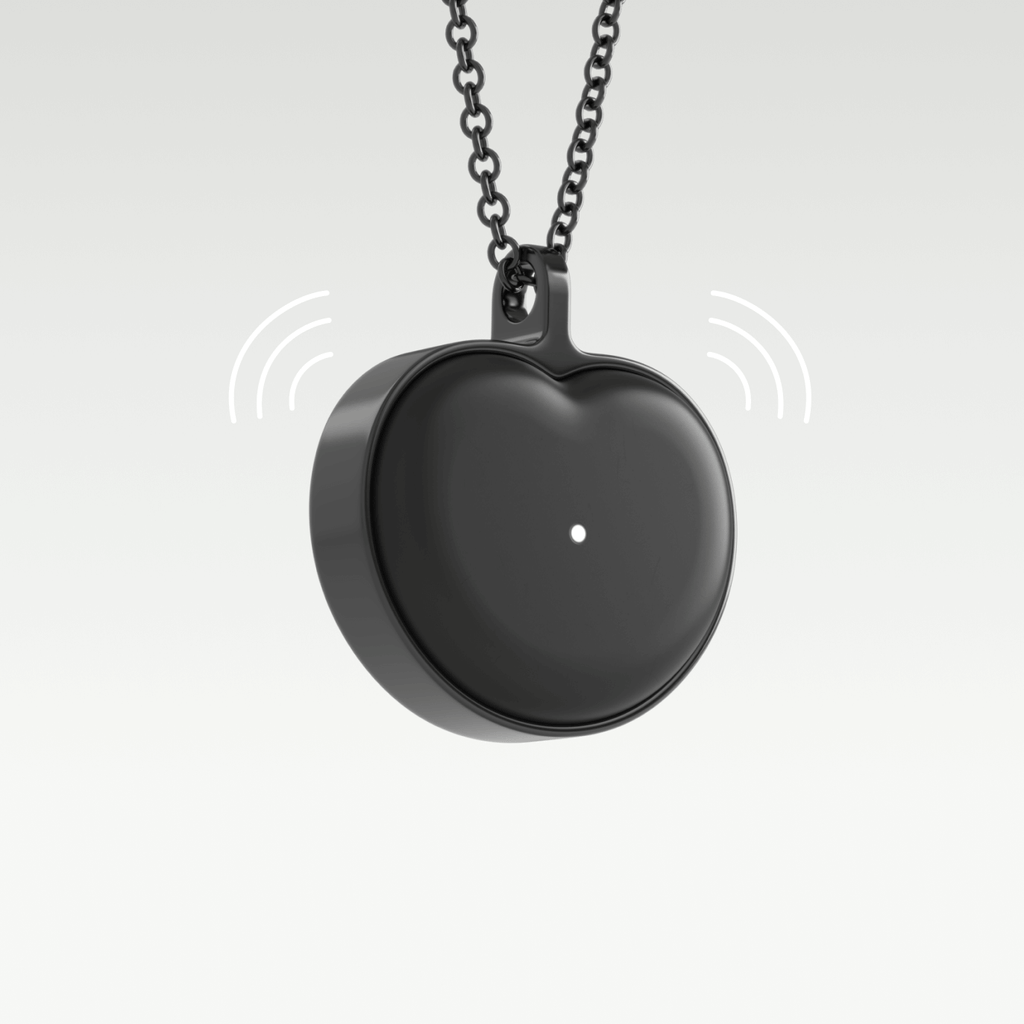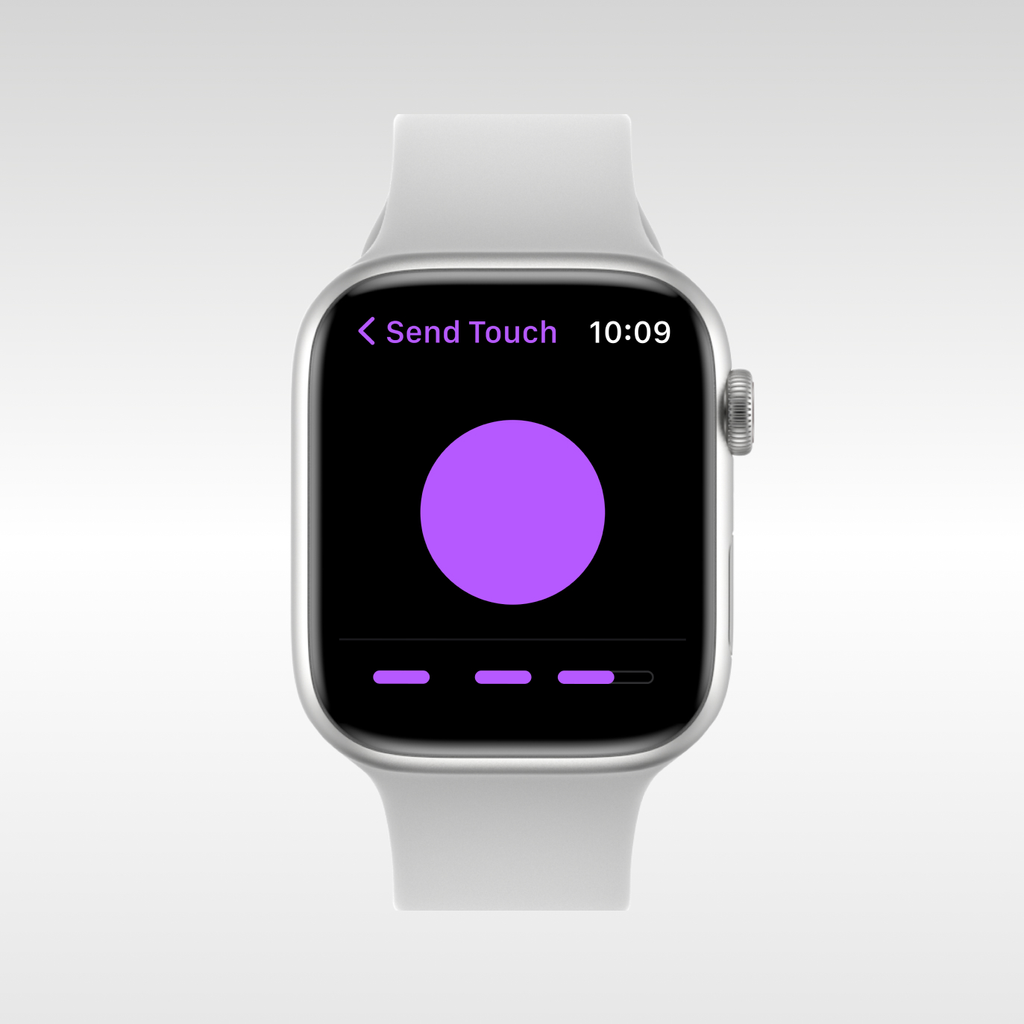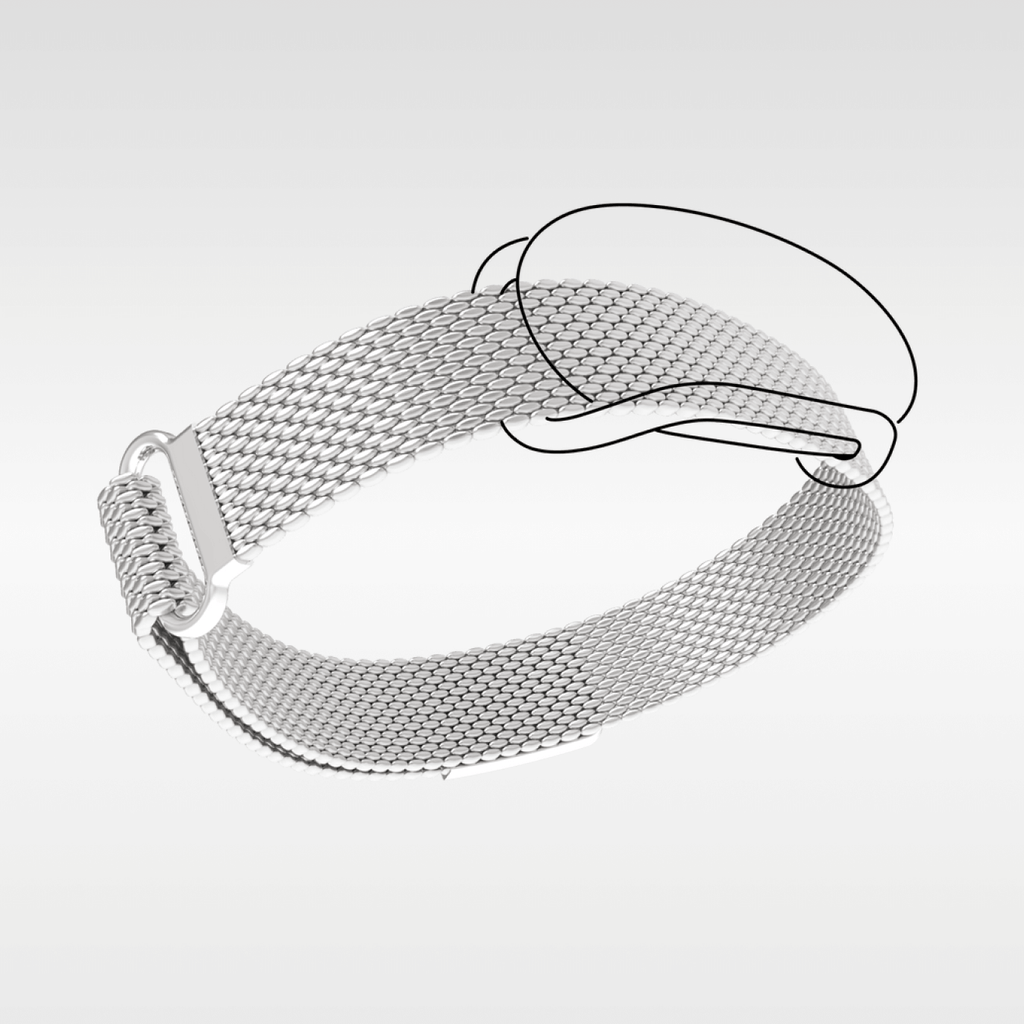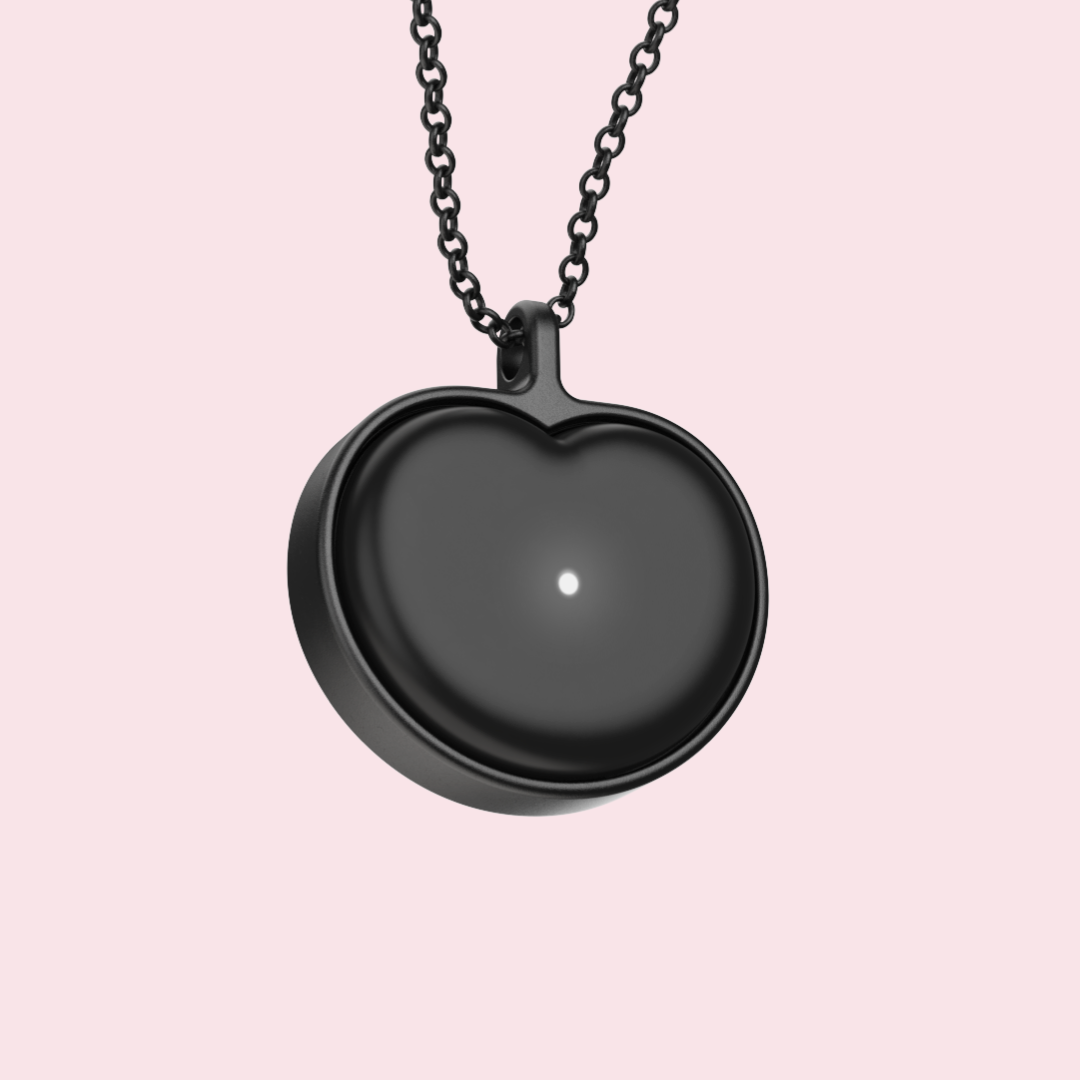Mental health is about feeling good in your own skin, dealing with life's ups and downs, and feeling like you belong to your community. Loneliness is a killer but so are toxic relationships. They can make that balance really difficult.
Here's a fun twist on the quiz using film references from the 2000s to now. Remember, this is a playful way to reflect on your relationship, but if you have serious concerns, reach out to a professional or trusted person in your life.
Are You in a Toxic Relationship? Movie Edition
- Does your partner frequently criticize you like Miranda Priestly in 'The Devil Wears Prada'?
- Never
- Sometimes
- Often
- Always
2. Do you feel like you're walking on eggshells around your partner, like Bella around Edward in 'Twilight'?
- Never
- Sometimes
- Often
- Always
3. Does your partner try to control you like Christian Grey in 'Fifty Shades of Grey'?
- Never
- Sometimes
- Often
- Always
4. Do you feel emotionally drained after spending time with your partner, like Joy gets around Sadness initially in 'Inside Out'?
- Never
- Sometimes
- Often
- Always
5. Do you feel like you've lost your personal identity since being in the relationship, like the characters in 'Inception' lose their grip on reality?
- Never
- Sometimes
- Often
- Always
6. Does your partner blame you for their problems, like Anakin blames Obi-Wan in 'Star Wars: Episode III - Revenge of the Sith'?
- Never
- Sometimes
- Often
- Always
7. Do you often feel responsible for your partner's happiness, like Carl feels about Ellie in 'Up'?
- Never
- Sometimes
- Often
- Always
8. Do your feelings get ignored or invalidated, like Andy's by Miranda in 'The Devil Wears Prada'?
- Never
- Sometimes
- Often
- Always
9. Does your partner display jealous or possessive behavior like Noah in 'The Notebook'?
- Never
- Sometimes
- Often
- Always
10. Are you afraid of your partner, like the people of Gotham are afraid of the Joker in 'The Dark Knight'?
- Never
- Sometimes
- Often
- Always
Scoring:
- Never: 0 points
- Sometimes: 1 point
- Often: 2 points
- Always: 3 points
If your score is 10 or above, it's possible that you're in a toxic relationship, just like some of these characters were in their movies. If you're feeling uncomfortable or unsafe, reach out to a trusted friend, family member, or professional for help. You deserve a love story that feels more like 'The Princess Bride' than 'Gone Girl'.
—————————————————
So what's a toxic relationship? It's a relationship where there's a lot of emotional harm happening, often with mind games, control issues, and sometimes, even physical harm. It's like a rollercoaster ride that only goes down. Sometimes, you might start feeling emotionally distant as a way to protect yourself. But feeling distant often only masks the problem and can make things harder for your mental health in the long run.
So, how can you navigate through all this? Start by being honest with yourself. Ask yourself the tough questions: Am I being toxic? Is my friend or partner being manipulative or unfair? It might be difficult, but figuring this stuff out is crucial to breaking out of a toxic cycle.
And when you find yourself feeling distant, it's time to take action. Start by understanding your feelings and triggers. Talk to your friend or partner about what you're experiencing. If things seem overwhelming, it's perfectly okay to seek help. Therapists and counselors can provide you with the tools you need to manage these challenges.
Remember, everyone's mental health journey is different. For example, if you're part of a minority community, your mental health challenges might look different. That's why there's BIPOC Mental Health Month and National Minority Mental Health Month, to ensure everyone's mental health issues are addressed and everyone gets the help they need.
So this May, let's all focus on becoming more aware of our mental health. Mental health is a journey, not a destination. It's about looking after your mind, just as you would look after your body. Reach out, connect, and remember it's okay to ask for help. Your mental health is just as important as your physical health - not just in May, but all year round.
As we take steps towards understanding and improving our mental health, remember that even if the road to a healthier mind seems tough, you're heading in the right direction as long as you're moving forward. This Mental Health Awareness Month, let's all aim to understand more about mental health, to ask for help when needed, and to show kindness to ourselves and others. You've got this!
-
Acknowledge the Situation: Accept that you are in a toxic relationship. Denial can often delay the process of moving on.
-
Identify the Signs: Understand the signs of a toxic relationship. This could include feeling drained, constantly criticized, manipulated, or controlled.
-
Seek Support: Reach out to trusted friends, family, or a mental health professional. They can provide you with emotional support and practical advice.
-
Set Boundaries: Start setting limits on what behaviors you will accept. This can be a stepping stone to regaining your independence and self-esteem.
-
Develop a Safety Plan: If there is physical abuse involved, it's important to plan your exit carefully. This might involve setting aside money, having a safe place to stay, and knowing who to call for help.
-
Practice Self-Care: Take care of your physical, emotional, and mental health. This can help you regain your strength and make it easier to leave the relationship.
-
Prioritize Your Happiness: Remember, you have the right to feel safe and happy. Prioritize your own happiness and well-being above the relationship.
-
Make a Decision to Leave: This step can be difficult, but it's necessary. Once you've decided to leave, stick with your decision.
-
Cut Off Contact (If Possible): Once you've left, if it's safe and possible, try to cut off contact. This can help you to heal and move on.
- Seek Therapy: A therapist can help you navigate the emotional aftermath of a toxic relationship and provide tools to avoid similar situations in the future.
Remember, everyone's situation is different, and it's important to do what feels right and safe for you. Reach out to professional organizations like The National Domestic Violence Hotline if you're in an abusive relationship and need help to get out.
In a world where loneliness can occasionally pop in for a surprise visit and relationships can sometimes feel like navigating a roller coaster in the dark, "bracelets for couples," especially Bond Touch bracelets, bring an unexpected twist to the plot. Picture this: you're feeling a bit lonely, or your partner just left the toothpaste cap off for the umpteenth time - all you need to do is tap your Bond Touch bracelet, and voila, your partner feels a gentle vibration on their wrist, a silent, "Hey, I'm thinking of you!" It's like a secret Morse code for the digital age, turning moments of solitude or relationship hiccups into a playful nudge, a smile, a connection. Sure, they can't exactly solve a heated debate about who's turn it is to do the dishes, but they can certainly remind you that even amid the occasional chaos, there's someone out there who cares about you, toothpaste cap and all.

